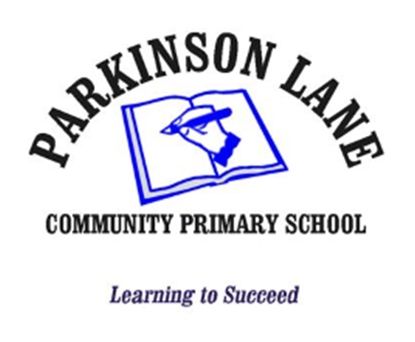ENGLISH INTERVENTION AFTERSCHOOL CLASSES
English tuition classes are offered to 20 pupils from each group, in Years 2-5. Our primary aim of these classes, across all year groups, is to improve confidence and fluency in speaking, listening, spelling, reading, and writing.
Each session’s focus is about developing and consolidating pronunciation, spelling strategies, grammar, as well as supporting handwriting development in years 2 and 3. This year, due to the pandemic, we have specifically targeted the children who, because of the limited face-to-face contact, need even more additional time and experience to process and/or retain the academic structure of becoming articulate with literacy.
ABOUT THE TEACHER
My name is Miss Foulkes and I will be running the English intervention afterschool sessions . The sessions run on a weekly basis, throughout the school year. Working in conjunction with the staff in years’ 2,3,4 and 5, twenty children from each of these above year groups are thoughtfully selected and invited to take part in the sessions. Every year, the sessions are in great demand so when the children are invited, the support from families with homework and attendance is wonderful!
I am passionate about children learning to learn, teaching them to understand how they find it best to learn whether it be through visual, auditory, kinesthetic, and/or tactile strategies (i.e. seeing, hearing, doing, and touching), hence why I use as many multisensory activities in my teaching as possible. According to Hickey (2001: pxxviii) “Success can only be expected when the language training achieves harmonious interaction of all the senses, i.e. when the learner sees, hears, speaks and writes simultaneously. This is multisensory learning.”
THE SESSIONS
The sessions are structured, sequential, cumulative and include lots of fun. They aim to consolidate spelling (and pronunciation), handwriting, punctuation, and grammar concerns which the children may demonstrate in their oral and written work. By doing so, even the quietest of children begin to talk, begin to share and then begin to ask questions; and the most boisterous of children begin to listen, begin to take turns and then begin to ask questions. I believe it is important for children to realise ‘perfect’ does not exist, that ‘practise makes progress’ and if they are to make progress, they need to know they are valued. They need an environment that makes them (and others) feel comfortable to ask when they are unsure and to be able to express themselves in a way that they are comfortable with whilst respecting others’ learning differences. I also believe by doing this, they will also begin to want to challenge themselves with the self-belief that anything is achievable. When children know their strengths and feel valued for them, then they begin to feel they can challenge themselves with areas they are unsure of…they begin the lifelong journey into cultural capita.
NATIONAL LOCKDOWN
This year, Covid has made times challenging however, the intervention work continued throughout the national lockdown and was completed by many of the pupils, online during lockdown, via Purple Mash and Education City. Each child who accessed the work was rewarded with a certificate at the end of lockdown, to acknowledge their determination and resilience in continuing their education, throughout a period of change.
HOMEWORK
Since returning to school in September, the after-school intervention classes have continued, with homework being sent home each week, either via Google classrooms (recently introduced due to Covid) or in their homework books (for those who are currently unable to access Google classrooms), consolidating what they have learnt in the lesson. The homework is marked before the next lesson to acknowledge the work they have understood and follow up any concepts the children are unsure of; inform parents of their successes and challenges; and use as an aid in making each session cumulative. The homework books and Google classroom have been and continue to be great tools for the children and parents to communicate with me privately, if they are experiencing any frustrations or behaviours at home that ordinarily, maybe supressed or hidden at school; or questions they have when reflecting back on their work. Each week, the tuition register is emailed to the pupil’s class teachers, informing them of their attendance and the quality of homework that has been handed in. The children are rewarded with a set number of raffle tickets based on the homework being handed in on time and the level of effort put into it, each week. At the end of each term, a raffle ticket is pulled out of the bag, and a prize is given to the winning child. The children work hard at earning these raffle tickets as they all realise, the more they earn, the greater probability they have of winning the class prize. The end of term session is also spent in the ICT room playing Literacy games which is also seen by the children as an incentive to work hard.
ACCOUNTABILITY
At the end of every term, every child is provided with a report to keep parents informed of their academic progress as well as their behaviour, attendance, homework, and attitude in these classes. At the end of the academic school year, the progress of every child attending tuition is accounted for, with a report sent to Governor’s and the Senior Management Team. The progress report analyses and highlights levels of progress; as well as addresses areas of strengths/areas of concerns to quantify the successes of the Intervention classes.
